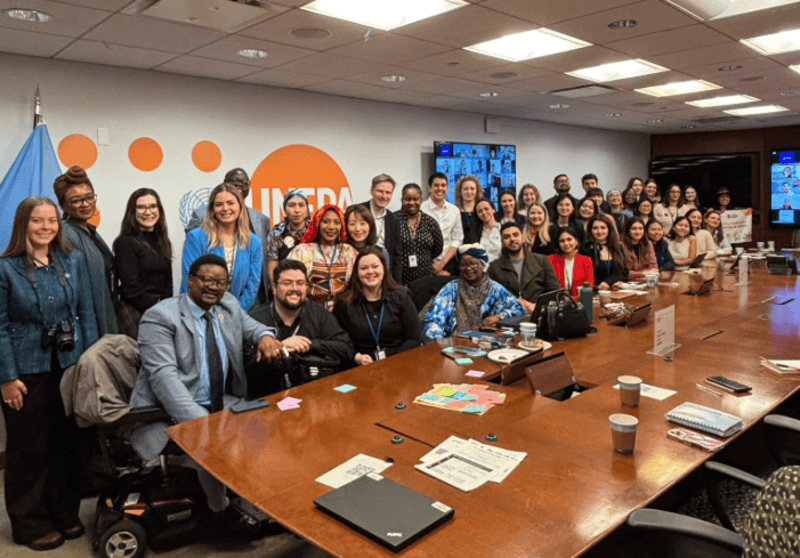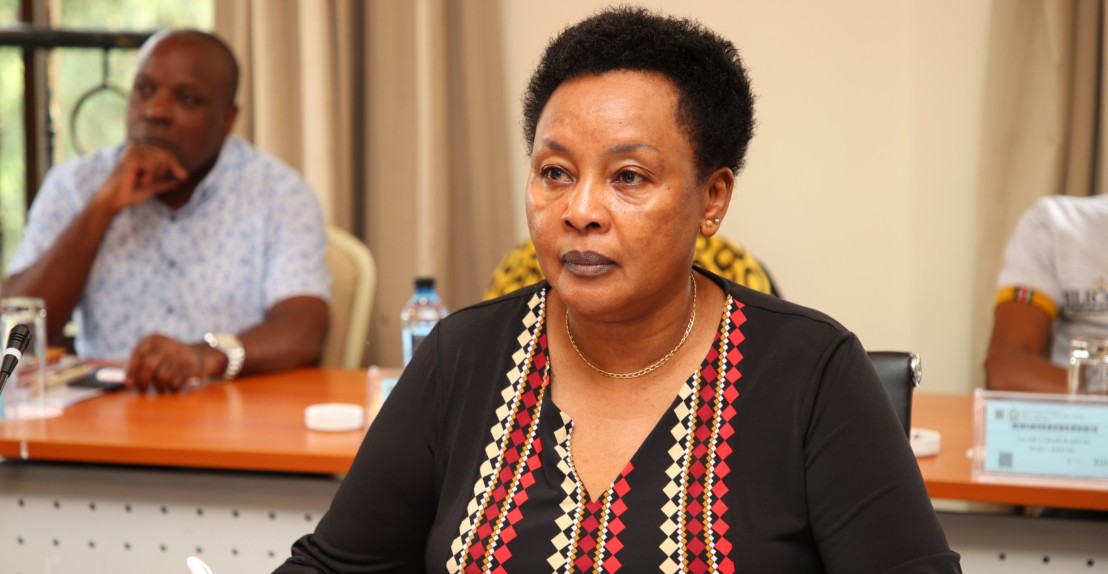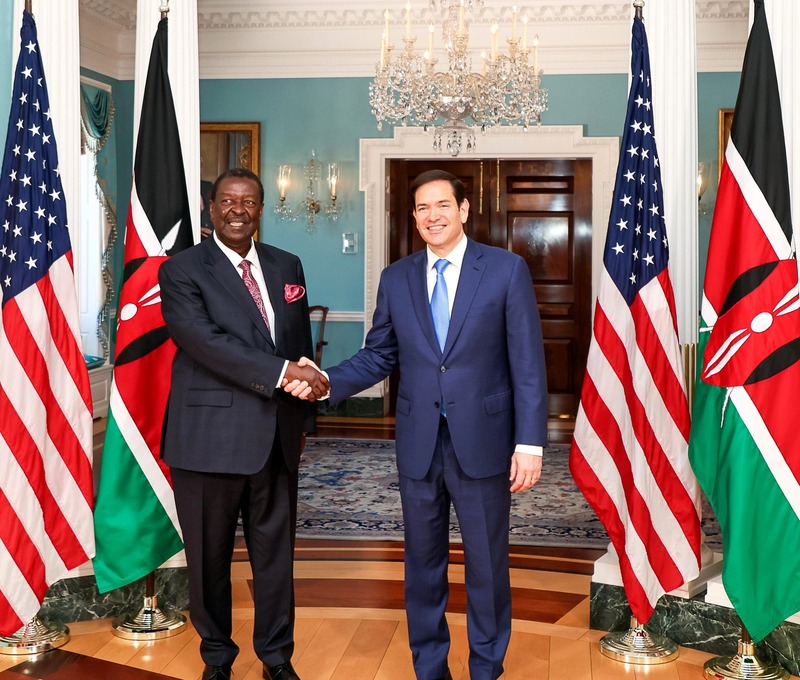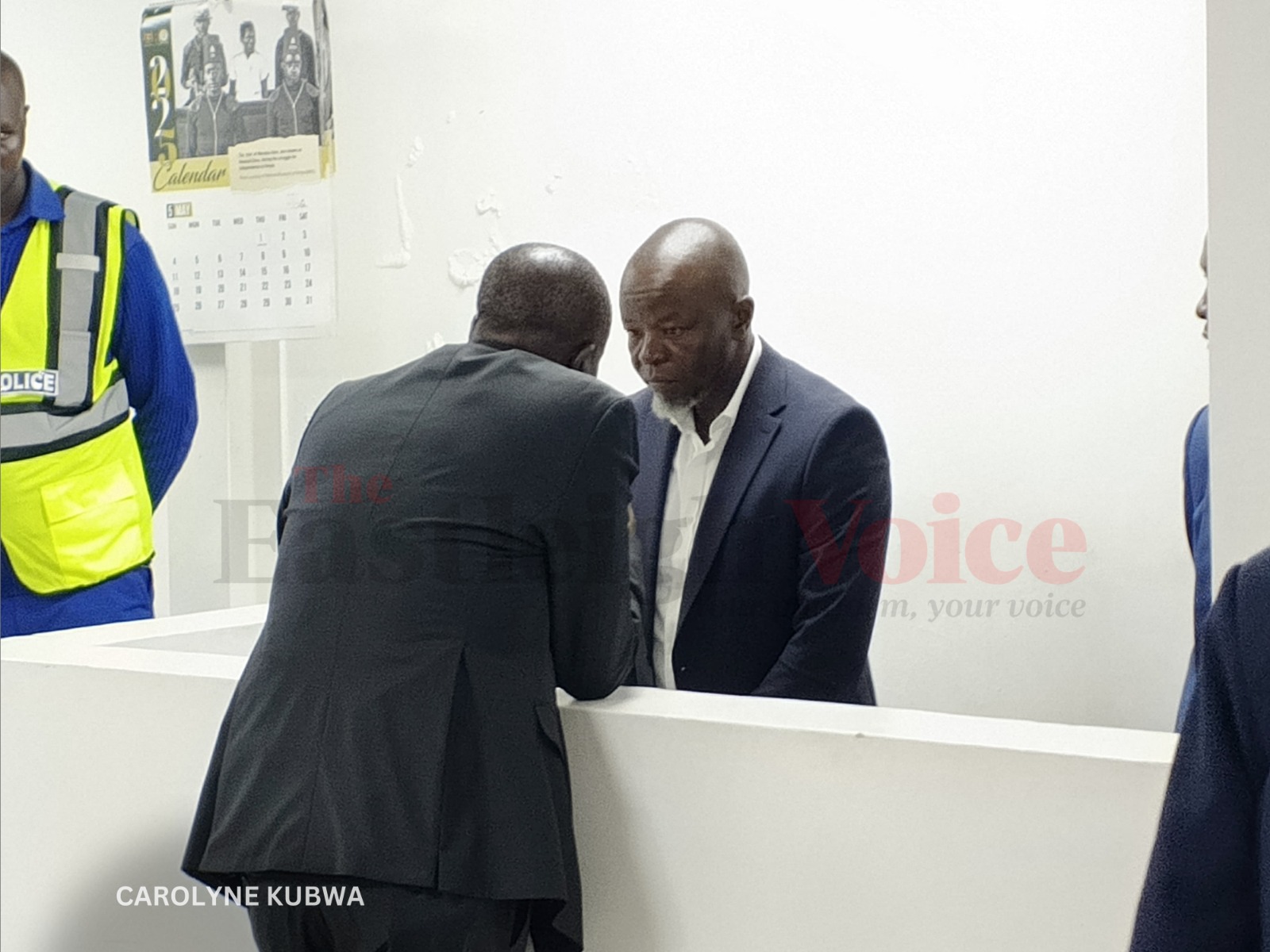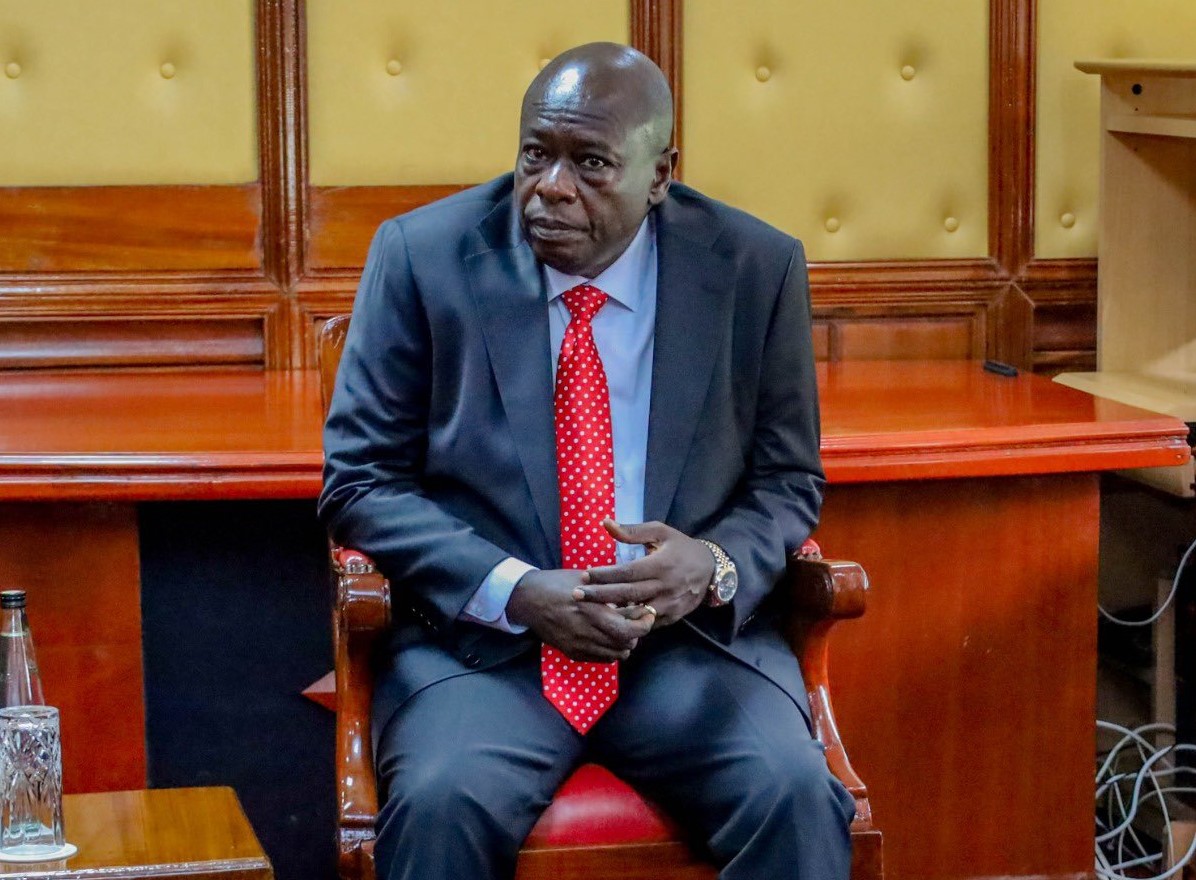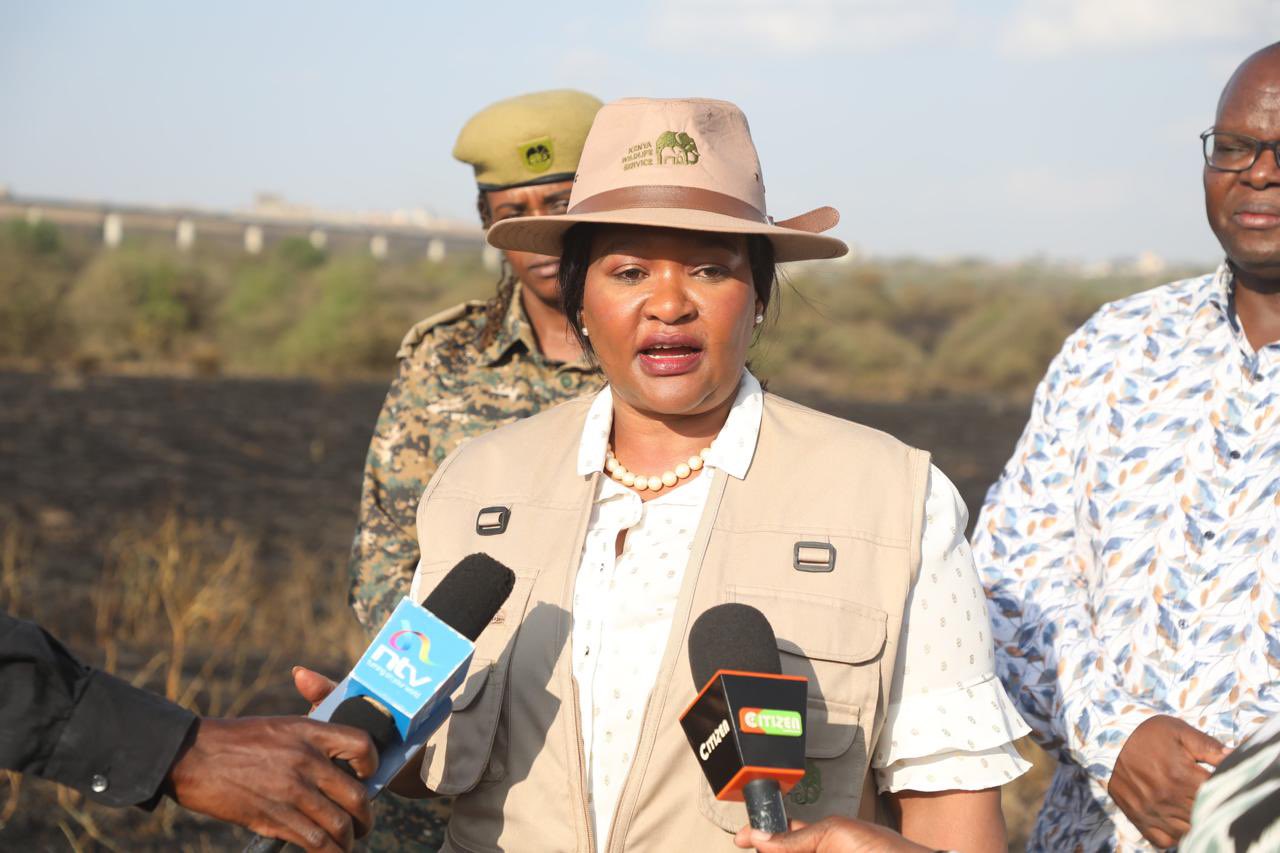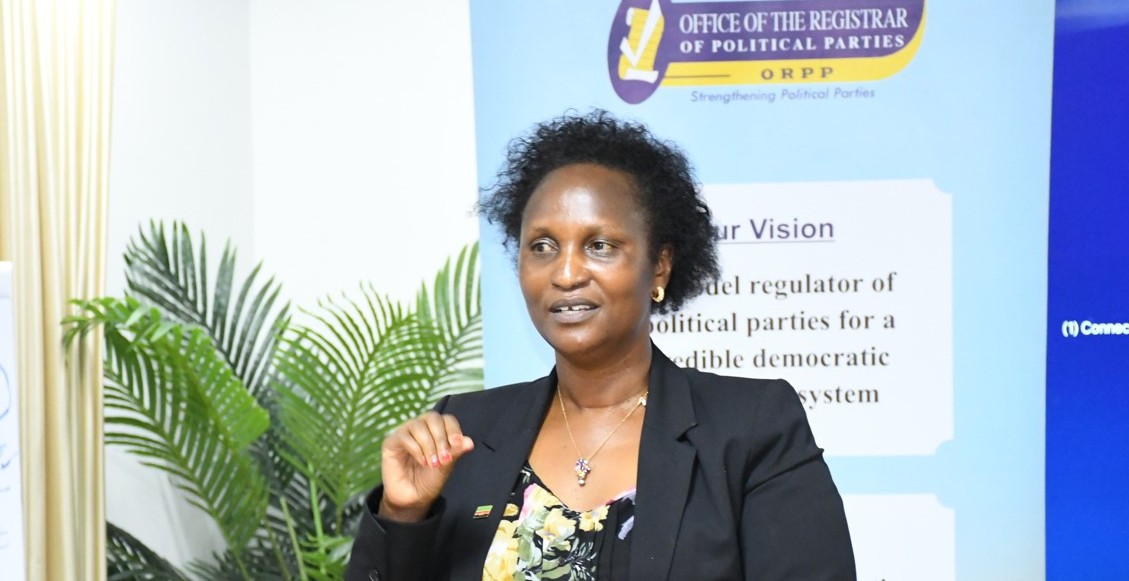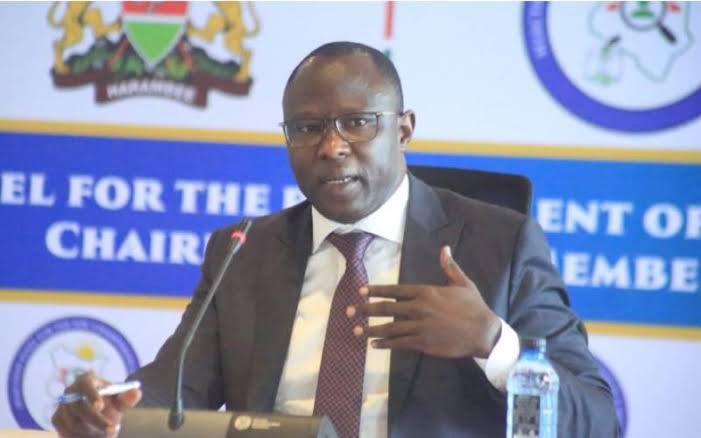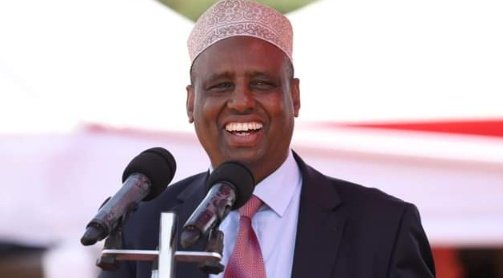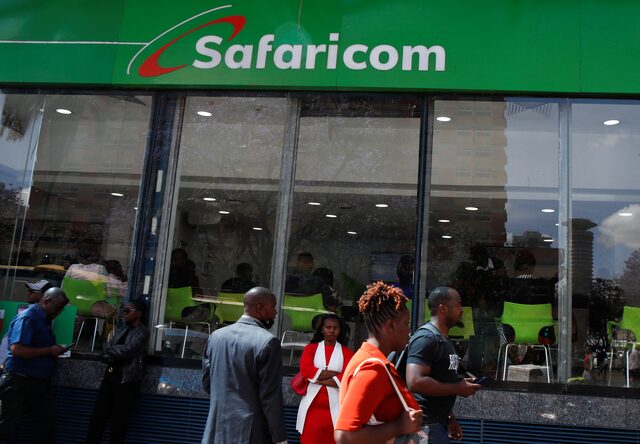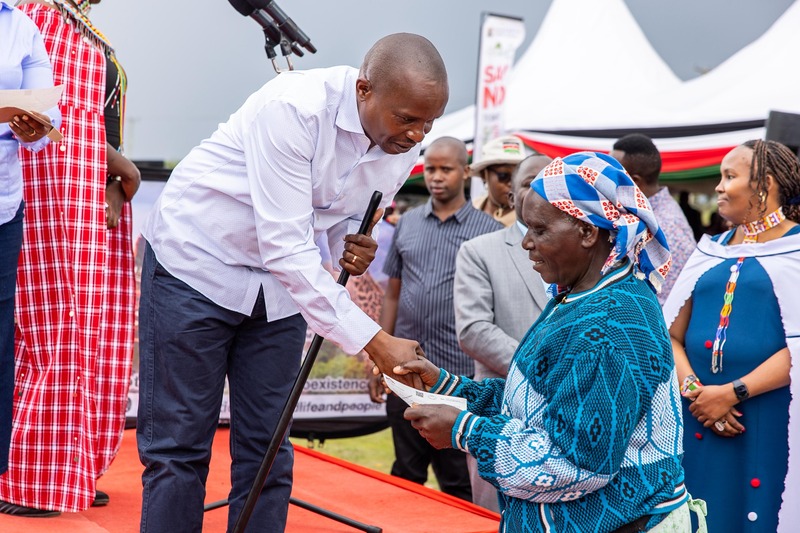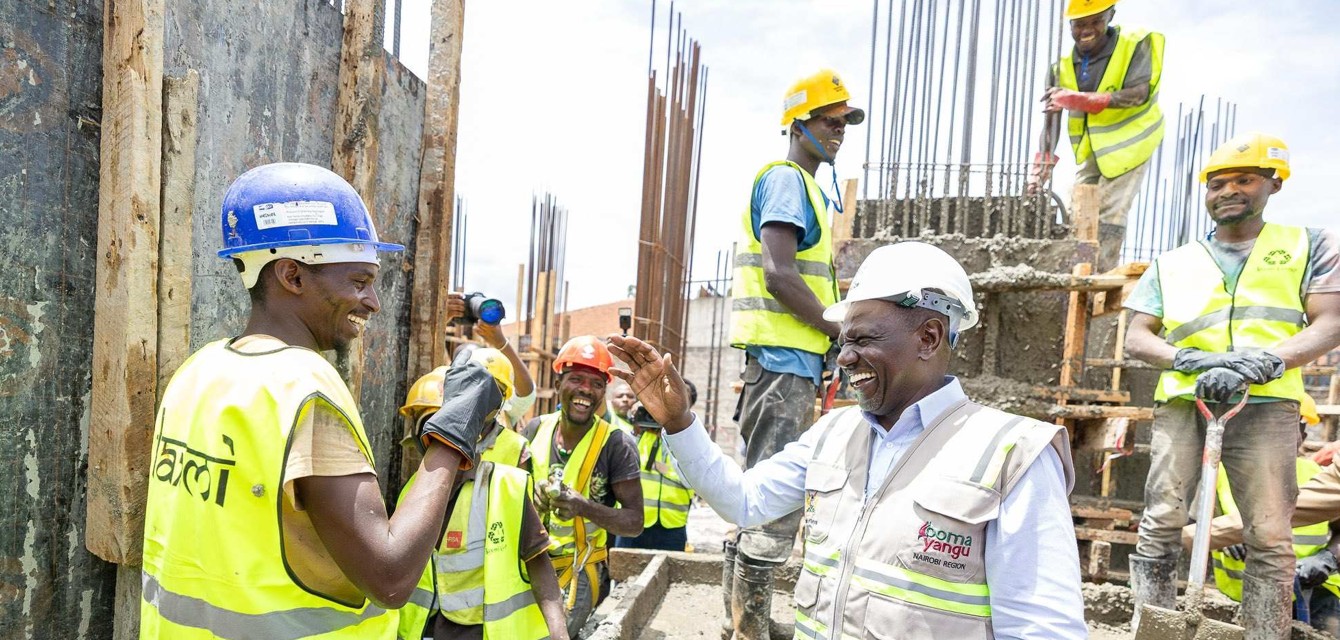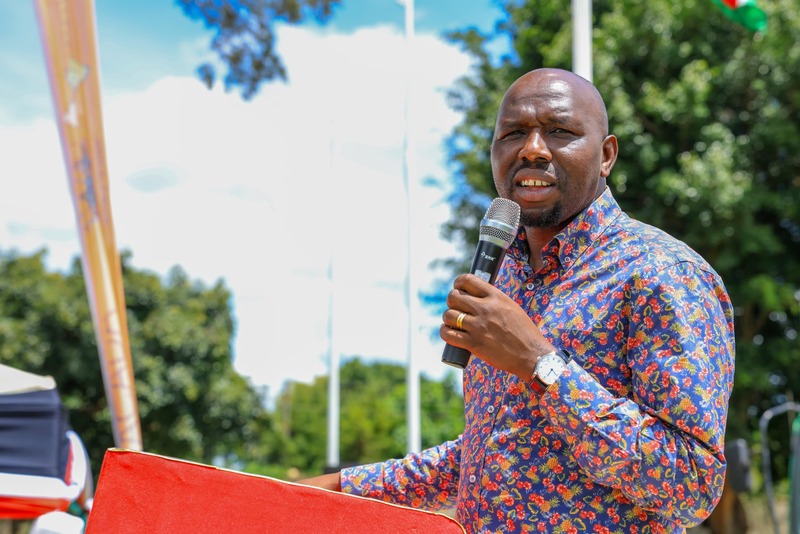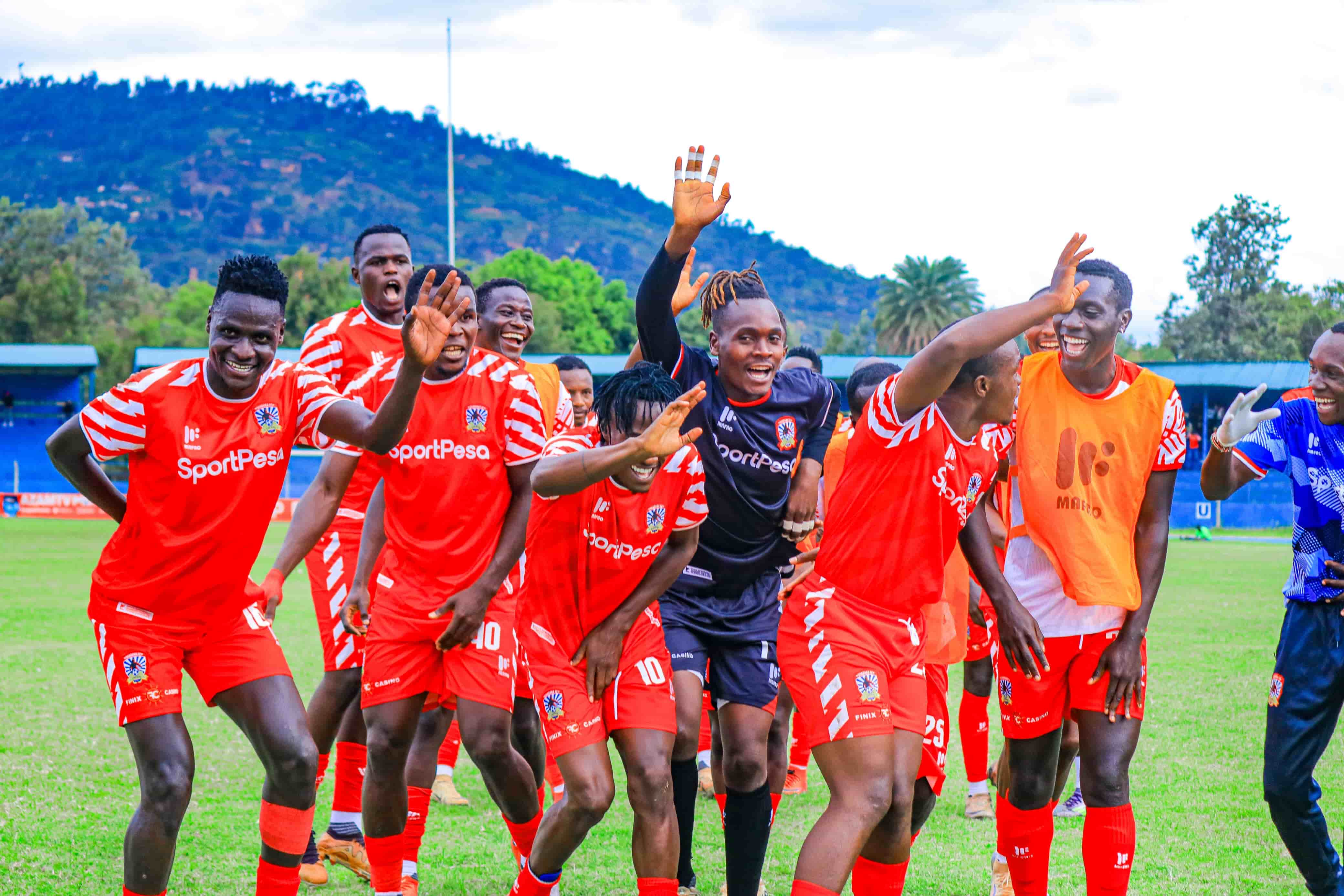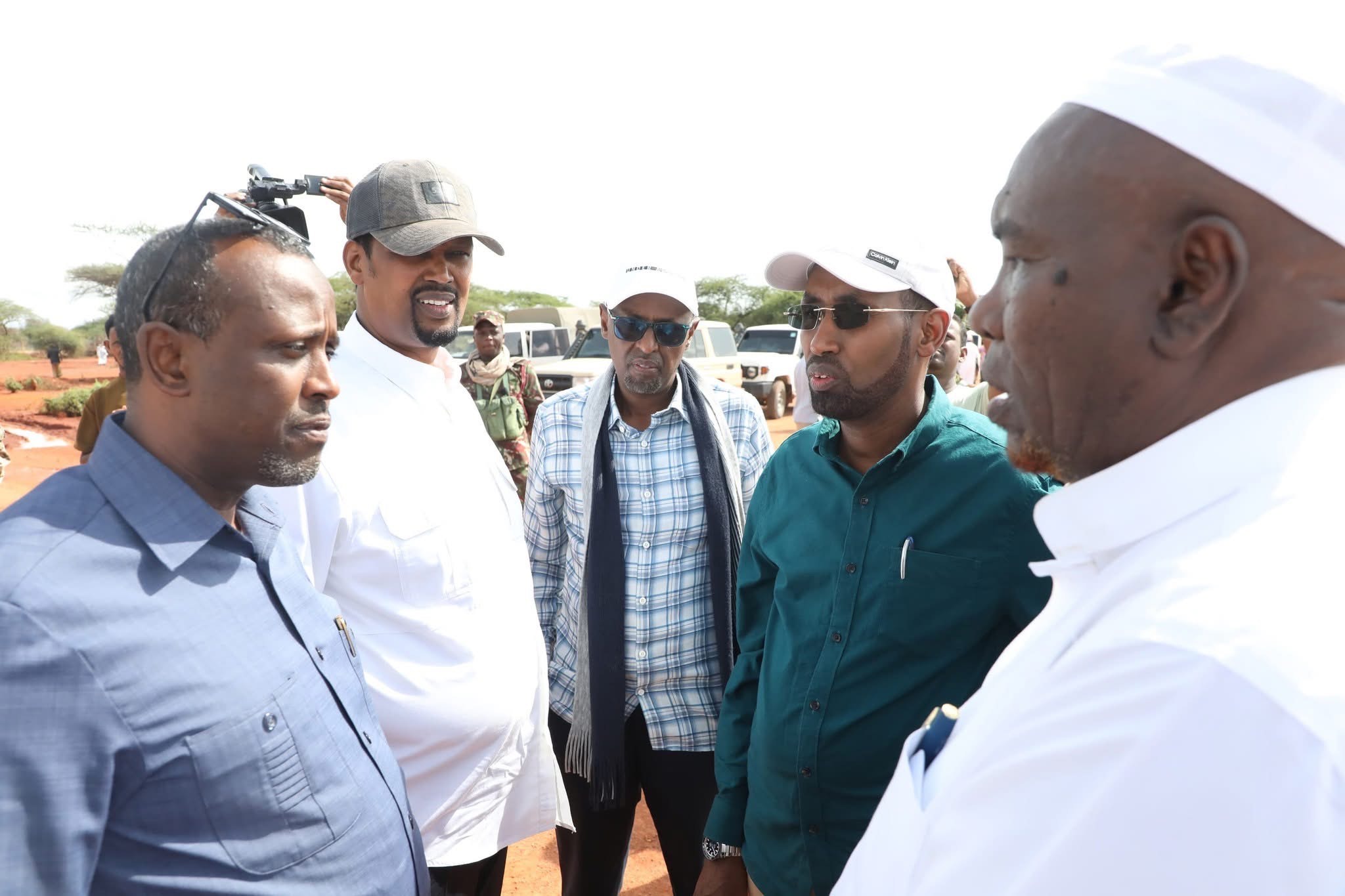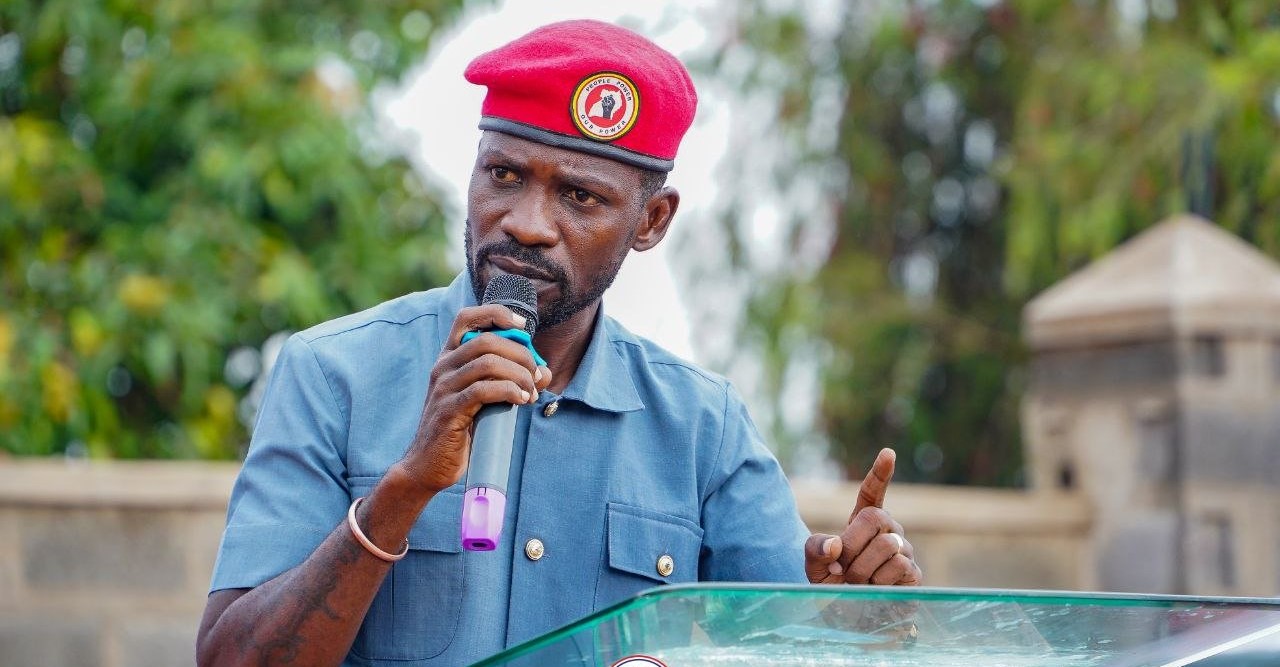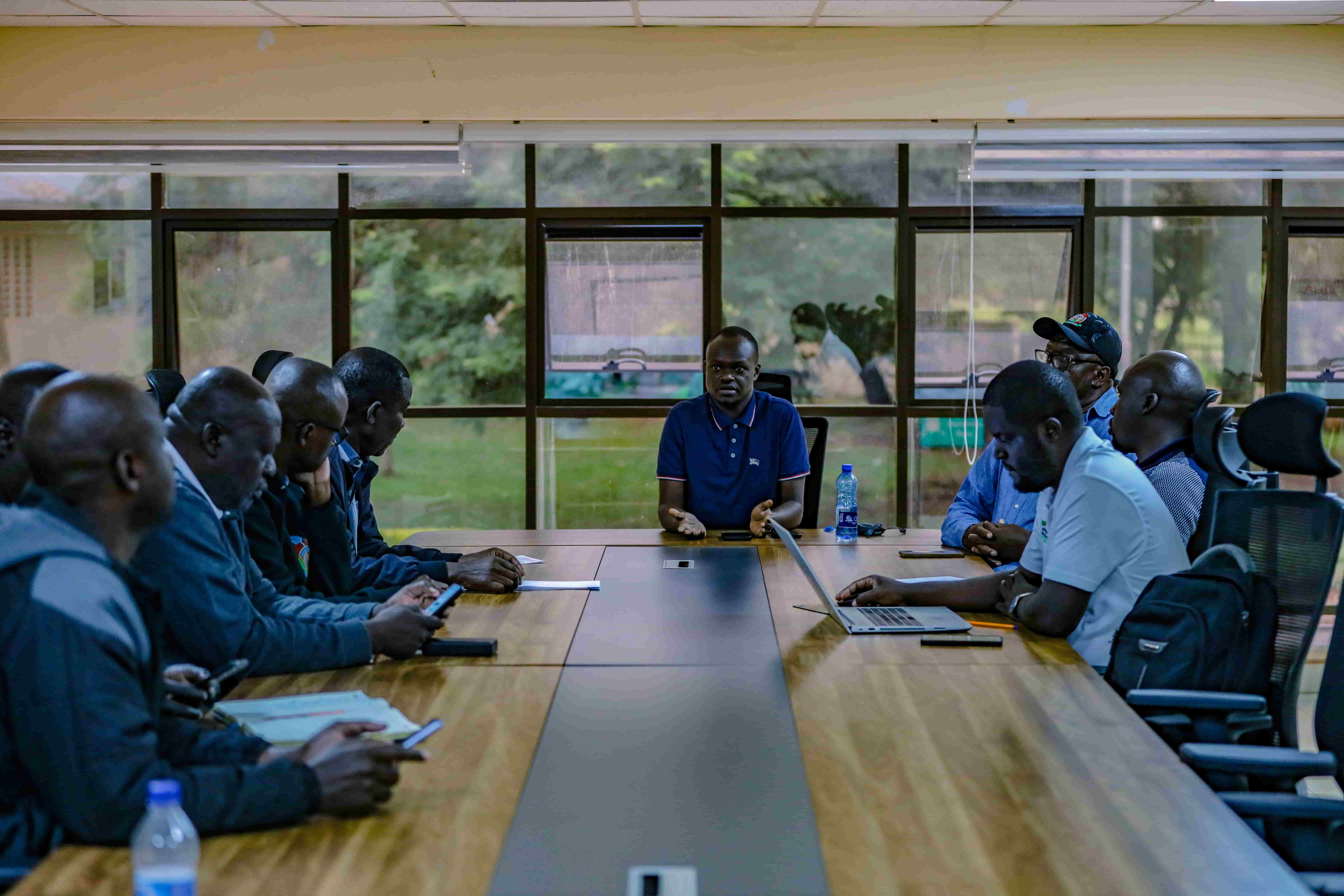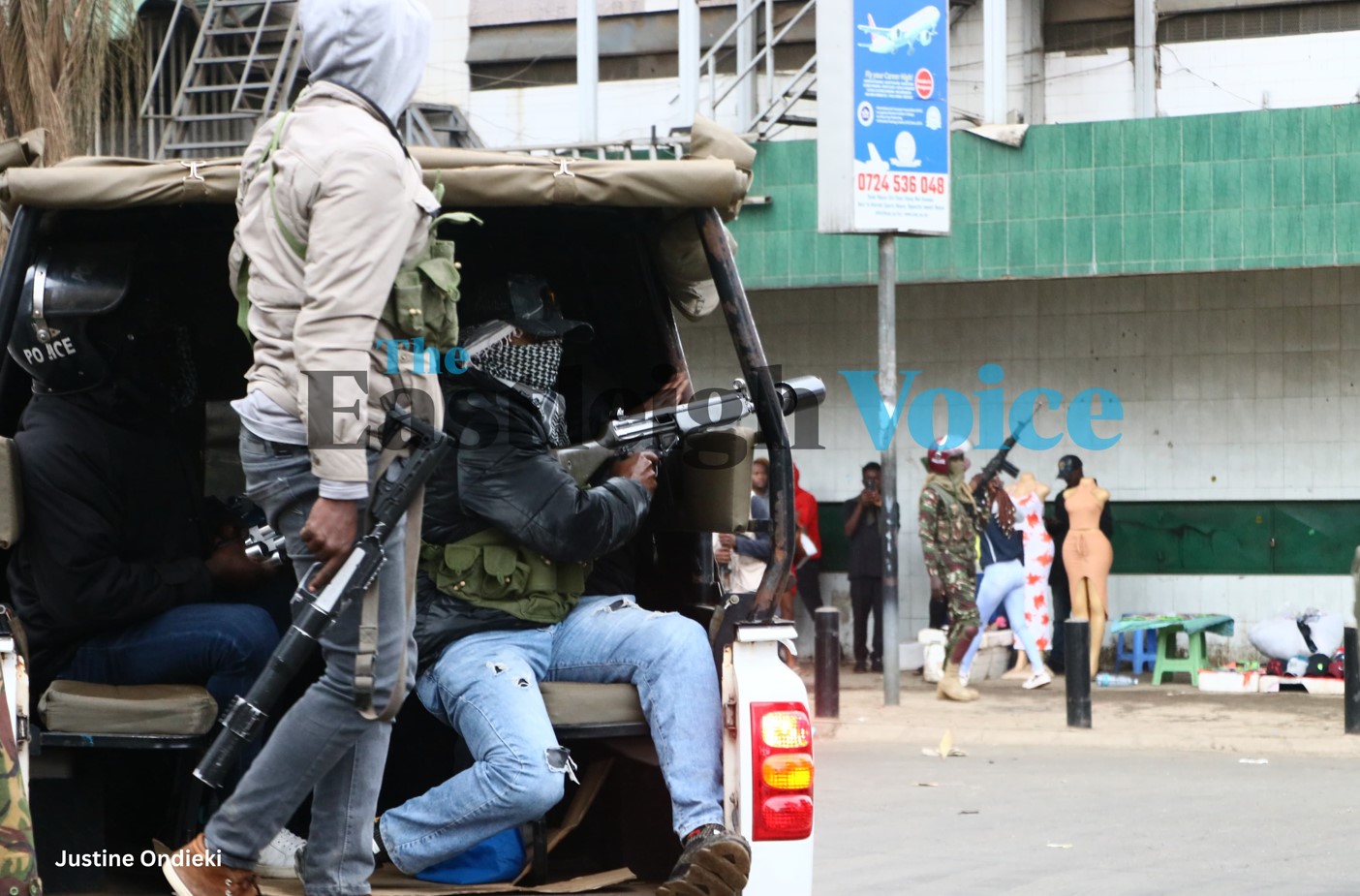OPINION: Doctors’ strike points to urgent need for health reforms
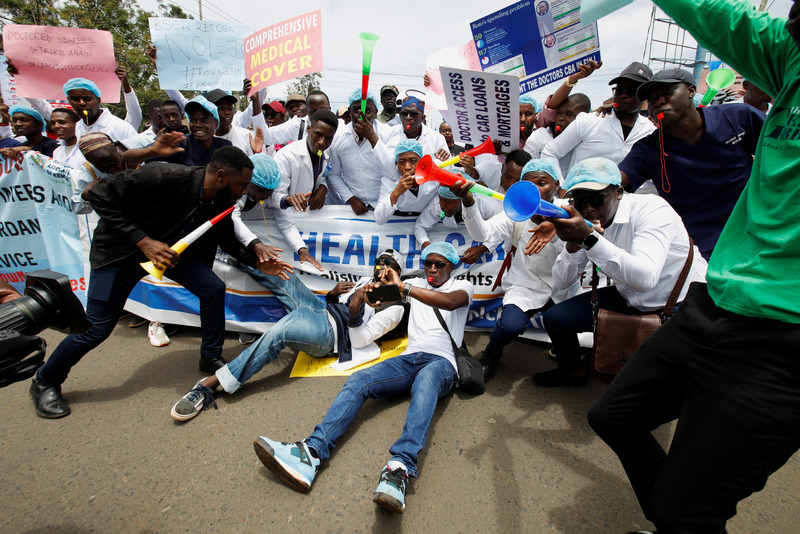
Kenya is grappling with a significant healthcare crisis as workers continue to strike, demanding better working conditions.
Are Kenyan doctors selfish? Are they using poor Kenyans as bait to win their grievances? Is the government unfair by failing to fulfil the 2017 CBA and does it not understand the role of medical interns in healthcare?
These are some of the questions that the public is asking, and their concerns are valid.
More To Read
- Why Kenyan doctors can’t afford the very services they offer - KMPDU Deputy SG Miskellah
- Nairobi County doctors end month-long strike after securing key demands
- Strike looms at Moi Teaching and Referral Hospital as doctors issue notice over unresolved grievances
- Nairobi Hospital staff to halt new admissions, demand resignation of board of directors
- Seven healthcare unions issue 14-day ultimatum over salary delays, medical cover
- 'Nakhumicha must go', protesting intern doctors say as postings remain elusive
But who has the answers?
Kenya is grappling with a significant healthcare crisis as workers continue to strike, demanding better working conditions.
This strike, which has gained nationwide attention, highlights the challenges faced by healthcare professionals and the urgent need for reforms in the country's health sector. The plight of medical interns adds another layer of urgency to the situation.
The strike is not an isolated event but a culmination of long-standing grievances that go back to the Collective Bargaining Agreement (CBA) of 2017.
For years, healthcare professionals in Kenya have been facing immense challenges ranging from inadequate resources and staff shortages to poor working conditions and low wages.
As a result of this strike, communities in northern Kenya, just like the rest of the country, have faced many challenges. One of them is the limited access to essential healthcare services. Hospitals, clinics, and health centres are operating at reduced capacity or are completely shut down in some areas. This has left many without access to crucial medical care.
Decline in healthcare services
According to local health authorities, approximately 70 per cent of hospitals in northern Kenya have been affected by the strike, leading to a sharp decline in available healthcare services. This has particularly impacted vulnerable groups such as pregnant women, children, and the elderly, who rely on regular medical attention.
The strike has also increased the financial burden on families. With public hospitals either closed or operating at minimal capacity, many residents are forced to seek healthcare from private hospitals.
However private healthcare is often costly and unaffordable to a significant portion of the population. These private facilities are situated mostly in towns, meaning many patients have to travel long distances to access the services.
There are now concerns about healthcare disparities, with those who can afford private care receiving treatment while others face challenges in accessing essential medical services.
Statistics from health facilities in northern Kenya show a significant decrease in the number of deliveries attended to by skilled health personnel since the strike started. This points to the urgent need to address the strike's impact on this vulnerable demographic.
Again, the prolonged strike has led to a rise in preventable diseases in northern Kenya. Vaccinations, disease surveillance, and health education have been hampered, increasing the risk of outbreaks and the spread of infectious diseases.
The strike has also raised mental health concerns among patients and health workers. Patients experiencing delayed or denied medical care are facing heightened stress, anxiety, and uncertainty.
Healthcare professionals
Healthcare workers are facing burnout, frustration, and emotional distress. This underscores the need for comprehensive support systems and mental health services for both patients and healthcare professionals when systems are disrupted.
Despite the challenges posed by the strike, communities in northern Kenya have shown resilience and solidarity. Local initiatives, such as community health volunteers providing basic healthcare services and awareness campaigns on preventive measures have emerged to try and mitigate the impact of the strike.
A swift and amicable resolution to the strike is needed to prevent further deterioration of the healthcare situation in Kenya. Long-term solutions require substantial investment in healthcare infrastructure, recruitment and training of more workers, improving facilities, and ensuring equitable access to healthcare services.
Addressing the underlying issues that led to the strike, such as inadequate remuneration and poor working conditions, is crucial in preventing future disruptions of healthcare services.
Involving local communities in healthcare decision-making processes and fostering partnerships between healthcare providers and the community can lead to sustainable healthcare solutions tailored to the region's needs.
Collaboration between stakeholders, investment in healthcare infrastructure, and community engagement are key pillars in building a resilient and effective healthcare system in the northern Kenya region.
There is also a need to create awareness among northern Kenya residents on the importance of registering with the National Health Insurance Fund as this would have made it easier for them to access healthcare services in private facilities.
The writer is a health record information officer, social change maker, and programme officer at Northern Frontier Medical Association. [email protected]
Top Stories Today

